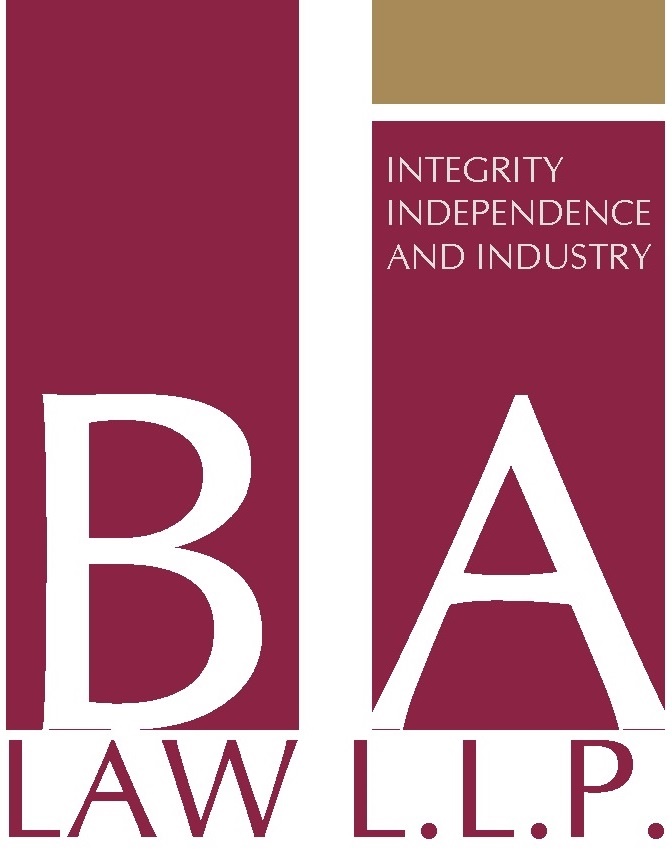
Agencies like the Securities and Exchange Commission (SEC), Federal Inland Revenue Service (FIRS), Central Bank of Nigeria (CBN), and the Nigerian Exchange Group (NGX) mainly focus on regulating public companies. This means that private companies are not required to be listed or controlled by these agencies to go through mergers or acquisitions. Private companies can be merged or acquired without needing approval from these bodies, as long as they meet the legal requirements for mergers and acquisitions under Nigerian law.
The federal government levies several kinds of taxes in Nigeria. They include Personal Income Tax (PIT), Company Income Tax (CIT), Value-Added Tax (VAT), Capital Gains Tax (CGT), Petroleum Profit Tax (PPT), Education Tax (EDT), National Information Technology Development Fund (NITDF) Levy, Withholding Tax (WHT), Business Premises Levy, Pay-As-You-Earn (PAYE) Tax, stamp, Excise, Import, Export, and Customs Duties, among others.
Personal Income Tax (PIT):
PIT in Nigeria is chargeable on progressive rates ranging from 7% to 24% – 7% on the first NGN 300,000
– 11% on the next NGN 300,000
– 15% on the next NGN 500,000
– 19% on the next NGN 500,000
– 21% on the next NGN 1,600,000
– 24% on the amount above NGN 3,200,000
An individual’s income is split and taxes are charged based on each. For instance, where a person earns N1,400,000; 7% is charged on the first N300,000, 11% on the next N300,000, 15% on the next N500,000, and then 19% on the next 300,000. In total, for a person who earns N1,400,000 as salary, his PIT would be charged at N186,000.
However, Section 37 of the Personal Income Tax (Amendment) Act, 2011 provides that a person earning the minimum wage or less than NGN 30,000 per month (or NGN 360,000 per year) is not subject to personal income tax.

Company Income Tax (CIT);
CIT in Nigeria is a direct tax imposed on the profits of incorporated entities operating within the country. It is governed primarily by the Companies Income Tax Act (CITA) and administered by the Federal Inland Revenue Service (FIRS). The standard CIT rate for companies in Nigeria is 30% of their taxable income. However, small companies with a turnover of less than NGN 25 million are taxed at 20%, while companies with a turnover between NGN 25 million and NGN 100 million are subject to 30% CIT.
Capital Gains Tax (CGT);
CGT in Nigeria is a tax imposed on the profit or gain arising from the disposal of assets, including properties and investments. Governed by the Capital Gains Tax Act (CGTA), the standard CIT rate for companies in Nigeria is 30% of their taxable income. However, small companies with a turnover of less than NGN 25 million are taxed at 20%, while companies with a turnover between NGN 25 million and NGN 100 million are subject to 30% CIT.
Petroleum Profit Tax;
Under this, petroleum or petroleum relay companies are expected to file their Estimated returns and Actual returns. Estimated returns are the possible returns expected from such a company at the end of the stated period, while Actual returns are the definite returns filed to the FIRS.
Withholding Tax;
This is the Tax Paid by the employer on behalf of the employee. It is also known as a deduction at source. It is important to note that one is not subject to withholding tax if not subject to Personal Income Tax.
By the enactment of the Withholding Tax Regulation 2024, Small companies are now exempt from withholding tax (WHT) deductions if the supplier has a valid Tax Identification Number (TIN) and the transaction value does not exceed ₦2,000,000 in a given month. However, companies or individuals not registered for tax in Nigeria may face the risk of duplicate WHT deductions. To accommodate low-margin industries, reduced WHT rates have also been introduced, along with guidance for transactions not specifically listed under previous rules.
Value Added Tax (VAT);
This is a tax charged on the consumption of goods or services. In Nigeria, VAT is charged at 7.5%
Tax Implications on the Disposal of Shares
The Finance Act 2021 provides, regarding the disposal of shares in Nigeria, that gains accrued from the disposal of shares worth at least N100,000,000 (one hundred million Naira) in a Nigerian company in any 12 (twelve) consecutive calendar months, are to be taxed at the rate of 10% (ten percent), except in any of the following instances;
- The proceeds from the disposal of the shares are reinvested within the same year of tax assessment in the acquisition of shares in either the same or another Nigerian company, provided that if the entire proceeds are not re-invested in the shares of either the same or another Nigerian company, the proportion not re-invested shall be taxed at the applicable tax rate of 10%;
- The aggregate of the proceeds of the disposal of the shares is less than N100,000,000 (one hundred million Naira) in any 12 (twelve) consecutive calendar months and the disposing entity renders appropriate returns to the Federal Inland Revenue Service (FIRS) on an annual basis; or
- The shares are transferred between an approved borrower and lender in a Regulated Security Lending Transaction as defined under the Companies Income Tax Act.
Reorganization Reliefs and Exemption from Foreign Loans in Nigeria There are two types of Reorganization reliefs. They are:
– CGTA Relief &
– VAT Relief.
Reorganization Reliefs (Section 32 of the Capital Gains Tax Act – CGTA):
Section 32 of the CGTA provides relief from Capital Gains Tax for certain business reorganizations. This includes mergers, acquisitions, or restructurings where assets are transferred between companies under common control. The relief ensures that such reorganizations are not hindered by immediate tax liabilities, allowing businesses to restructure efficiently without incurring CGT on the transfer of assets. The main condition for this relief is that the reorganization should not result in a change of ownership of the assets outside the group.
Exemption from Foreign Loans (Section 42 of the Value Added Tax Act – VATA): Section 42 of the VATA exempts from VAT the interest on foreign loans granted to Nigerian companies. This exemption is intended to encourage foreign investment and reduce the cost of borrowing from international sources. It applies to interest payments made by Nigerian borrowers on loans obtained from foreign lenders, thus making foreign financing more attractive and affordable for Nigerian businesses.
Digital Economy and Significant Economic Presence (SEP)
Before 2020, companies such as Facebook, Twitter, Instagram, and others with well-established presence and usage in Nigeria, were not paying any taxes.
There are two types of SEPs. They are;
– Digital SEPs and;
– Service SEPs
Digital SEPs included companies involved in
– Streaming or downloading digital content (e.g., movies, music, apps). – Transmitting data from Nigerian users’ digital activities.
– Providing goods or services via digital platforms to Nigerian users.
– Any other digital or electronic services supplied to Nigerian users.
For Digital SEPs, taxes are charged;
– if such makes a turnover of or above N25 million a year. However, where such turnover is below N25 million, a significant economic presence cannot be said to have been established.
– If such a company hosts its website on a Nigerian domain, then it can be said that your company has created a significant economic presence.
– If such a company charges its products or services in Nigerian Naira.
For SEPs, a significant economic presence is established where such a company is: earns NGN 25 million annually from services to – Nigerian residents, including technical, management, consultancy, or professional services.
– Having a dependent agent in Nigeria who concludes contracts.
– Maintaining a fixed base or physical presence in Nigeria for 183 days in a year.
Taxation of Digital and Service SEP in Nigeria.
Digital companies with SEP in Nigeria pay a 10% withholding tax and Companies Income Tax (CIT) at 30% for large companies, and 20% for medium companies, with small companies exempt. Service providers with SEP also pay a 10% withholding tax and CIT on profits at the same rates. Both must file annual returns with the Federal Inland Revenue Service (FIRS). Nigeria’s Double Taxation Agreements (DTAs) prevent double taxation on the same income.
Written by: Olawale Tomiwa
Edited by: Endurance Agbo

